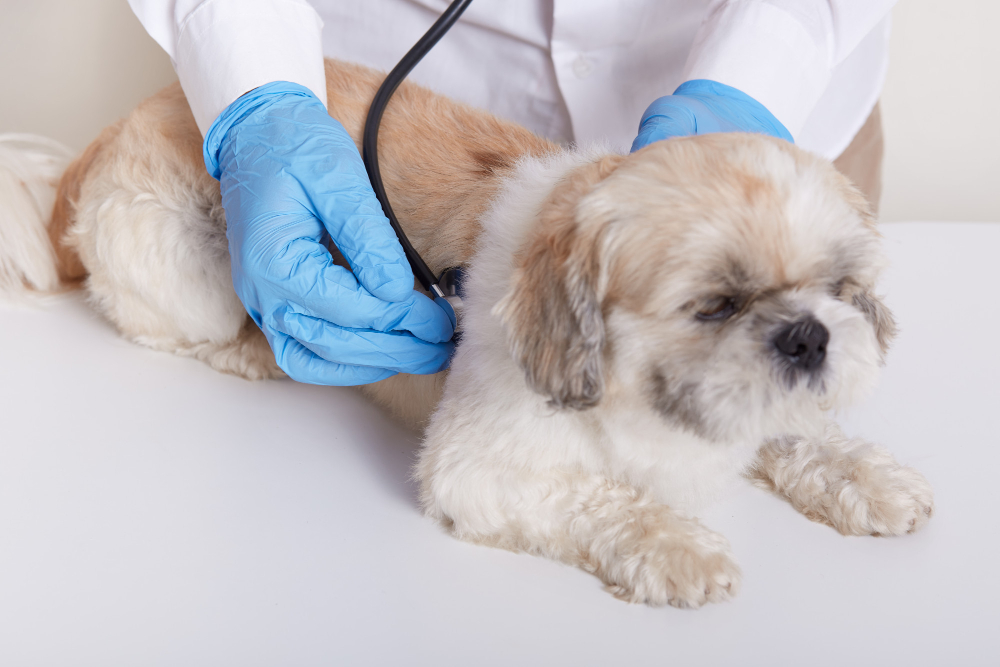Veterinary Services
Vaccine Reactions

Vaccine Reactions
Mild reactions to vaccines may include local swelling or tenderness at the injection site, mild fever, lethargy, or reduced appetite. These reactions are usually short-lived and resolve on their own within a day or two.
Some pets may experience allergic reactions to vaccines. Signs of an allergic reaction can include hives, facial swelling, difficulty breathing, vomiting, diarrhea, or collapse. Allergic reactions are considered serious and require immediate veterinary attention.
In rare cases, cats can develop vaccine-associated sarcomas, which are aggressive, cancerous tumors that can develop at the injection site. The risk of VAS is higher with certain vaccines, particularly those containing adjuvants. Vaccines without adjuvants are available for cats to minimize this risk.
It is important to report any adverse reactions to vaccines to your veterinarian. They can document and report the reaction to the vaccine manufacturer and relevant regulatory agencies, helping to monitor vaccine safety.
To minimize the risk of vaccine reactions, veterinarians consider the pet’s health history and individual risk factors when recommending vaccines. They may tailor the vaccination schedule and choose appropriate vaccines based on the pet’s age, lifestyle, and overall health.
If your pet has had a previous vaccine reaction or you are concerned about potential reactions, discuss these concerns with your veterinarian. They can help determine the best course of action, which may involve adjusting the vaccine protocol, pre-medicating with antihistamines or corticosteroids, or using alternative vaccine formulations.